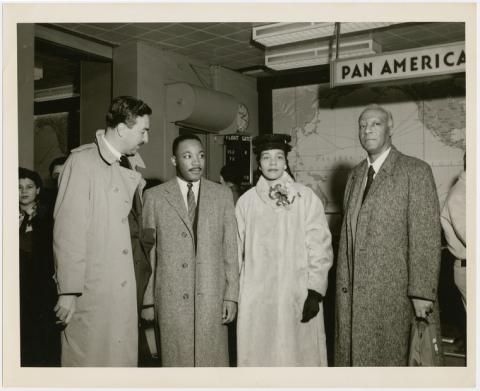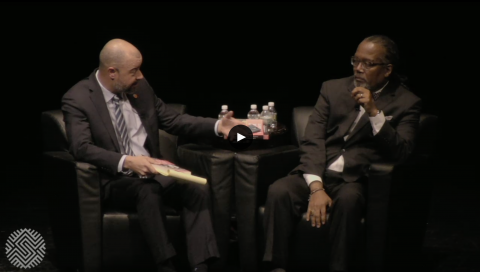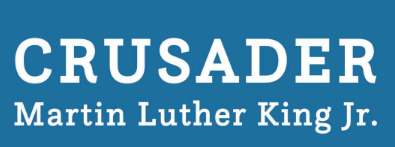Reverend Dr. Martin Luther King Jr. (January 15, 1929-April 4, 1968) is revered for his nonviolent crusade to advance civil rights in America. His legacy is one of peaceful protests in the face of violent proponents of racism and Jim Crow - the divisive policy of racial segregation that plagued both northern and southern states. King however, was also an avid world traveler whose explorations helped him examine connections between global struggles for freedom and against systemic oppression. As such, King developed an extensive network of contacts in peace and social movements around the globe.
King’s first international trip was to West Africa to attend Ghana’s independence ceremony in 1957 at the invitation of President Kwame Nkrumah. His trips to India and Norway, featured in this exhibition, represent an arc in his personal evolution and are bookended by the successful Montgomery Bus Boycott (1955-1956) and his condemnation of the Vietnam War (1967).
Travel allows us to both explore new frontiers and reflect on our foundations, challenging our constructs of identity and ideology, and the way we understand the world. In this exhibition we see unguarded moments of a public figure strengthening his ideological commitments and sharing those times with travel companions that often included his wife Coretta Scott King, confidants Ralph Abernathy and Dorothy Cotton, and colleagues like biographer Lawrence Dunbar Reddick.
With Reddick, on their way to India, Dr. King met Richard Wright, the African American novelist (Native Son) who was an expatriate living in Paris, France. King’s affability was full on display as he and Wright traded intellectual wits and camaraderie over race and politics. Wright, with new insight into King’s personality, later remarked to Reddick that King lacked “that preacher fakery that I always look for in those sermon-on-the-mount boys.”
In February 1959, King, a devotee of Mahatma Gandhi, journeyed to India to examine the world’s most visible example of nonviolent resistance to colonial power. His travels from the populous New Delhi to the Harijan (Untouchables) villages, to the southern tip of India, showed him the results of Gandhi’s ideology and fortified King’s commitment to nonviolent action.
King’s campaign for freedom through nonviolent civil disobedience would win him the 1964 Nobel Peace Prize. The prize honors acts "for the furtherance of brotherhood among men and to the abolishment or reduction of standing armies and for the extension of these purposes." He attended the December 10, 1964 ceremony in Oslo, Norway filled with pomp and celebration.
Crusader presents an intimate photo travelogue of King’s month-long pilgrimage to India, his acceptance of the Nobel Peace Prize in Oslo, Norway, accompanied by selected images of the civil rights movement by renowned photographers by renowned photographers Moneta Sleet, Jr., Austin Hansen, Robert Sengstacke, and Ben Fernandez.
---
View the image of Dr. Martin Luther King, Jr. being interviewed by actor and activist Harry Belafonte, and George Goodman via the Digital Collection HERE




